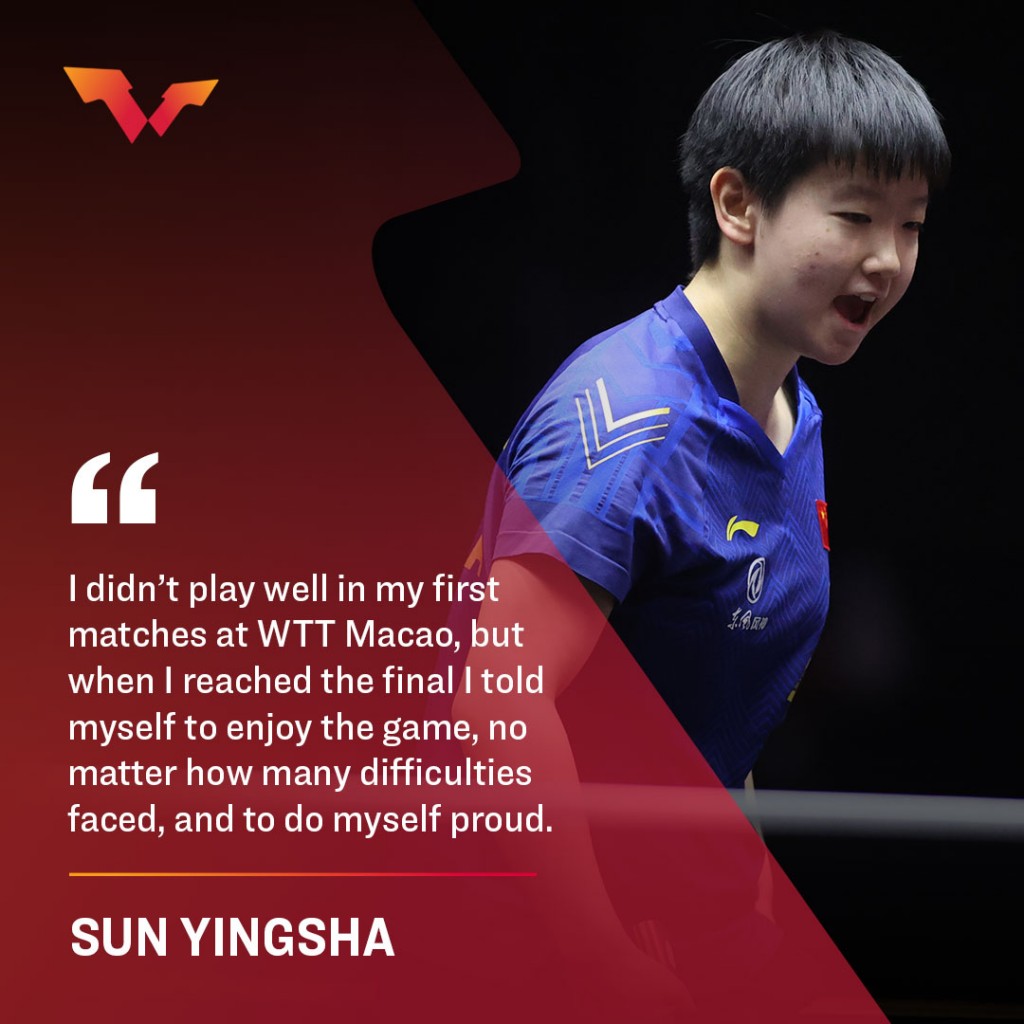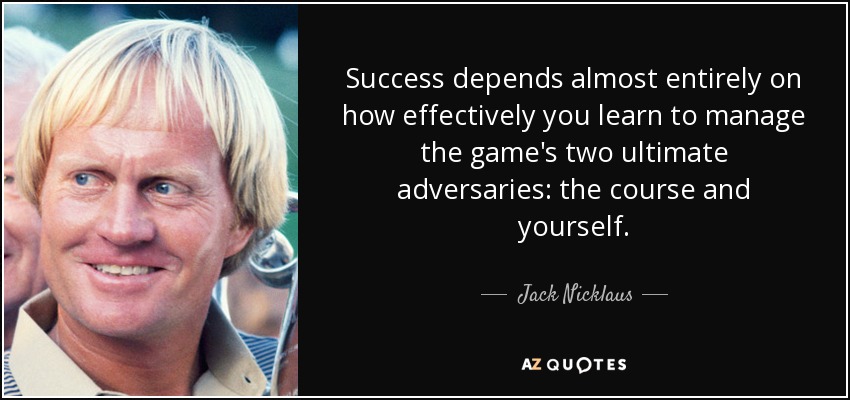The beauty of sports is the “day of truth”, the race, there is nothing that can give the same emotional intensity. The challenge is: “Are you ready? Show it.”
It means delivering the best performance you are capable of.
I think anyone who has never experienced this demand (in any life situation) is at a loss to understand what it means to live in this moment. For me it means, not only having the knowledge that I have done the work that I should have done in the previous weeks, but also saying/doing (which often involves not saying/not doing) what is best to get the best result.
The pre-race is made up of moments and sensations that not only the athletes but also those close to them must know how to exploit. These are sensitive moments in which the athletes expect something or do not want anything because they are okay, those who are close to them live the same situation but with a different role and it is necessary that mutual expectations meet.








